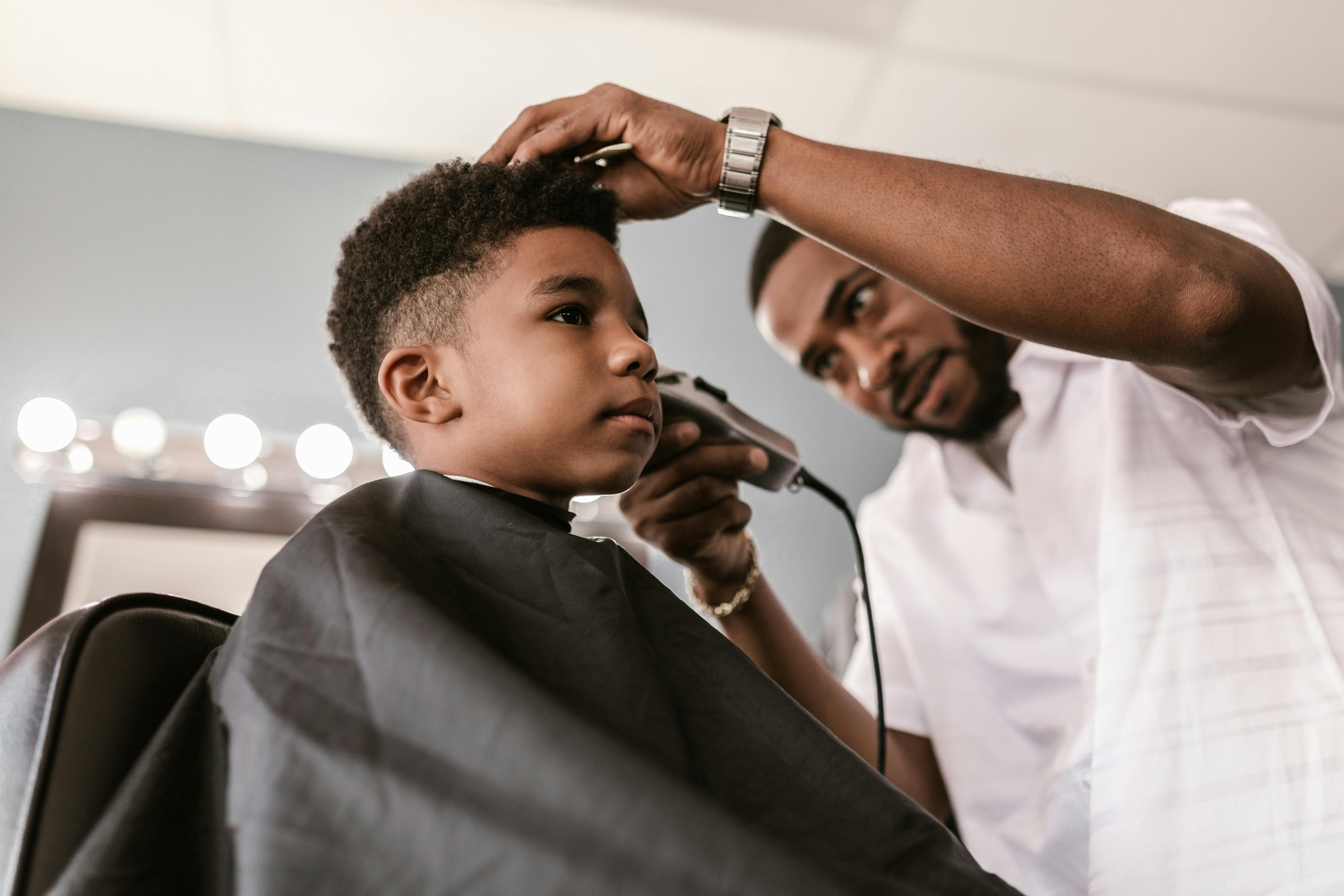
How to Properly Copyright a Song in 2025: Essential Steps to Protect Your Music
As an artist, understanding how to copyright a song is crucial for protecting your creative work. In the evolving landscape of music, copyright laws play a significant role in safeguarding your rights and ensuring you benefit from your work. In this article, we will explore essential steps in the music copyright process, the importance of copyright registration, and the best practices for asserting your rights as a songwriter.
Understanding Music Copyright Basics
Copyright laws provide protection for original works, including songs and lyrics, enabling musicians to control how their music is used. When you learn how to copyright music, you navigate the complexities of music rights and set yourself up for success in the competitive music industry. The key aspects of music copyright include the protection of melody, lyrics, and sound recordings. Having a firm grasp on copyright law basics for musicians helps you avoid common copyright mistakes and ensure that your rights are securely in place.
Types of Copyright Relevant to Songwriters
Songwriters should be aware that there are various types of copyright relevant to their work. The primary copyrights include the composition copyright (which covers the melody and lyrics) and the sound recording copyright (which pertains to the actual fixed audio track). By understanding the types of copyright, you can effectively manage your intellectual property rights and comprehend how copyright infringement might impact your work. Remember, each type of copyright serves a unique purpose; thus, registering both can enhance your protection.
Registration of Your Song with the Copyright Office
The process of registering a song is vital for ensuring your creative rights are legally recognized. To copyright a song, you need to fill out the copyright registration form provided by the U.S. Copyright Office or your country’s equivalent agency. This form typically requests details about the work, including the title, author, and, if applicable, the publication date. By submitting this form with the required copyright registration fee, you can secure a confirmed date of copyright for your work, which is essential for asserting your copyright in future disputes. More information on completing this process can be found on the Copyright Office's official website.
Benefits of Copyright Registration
The benefits of copyright registration are abundant. Most importantly, registration provides a public record of your work, strengthening your claim in case of litigation. Additionally, registered works are eligible for statutory damages and attorneys' fees in the event of a copyright infringement claim. This added financial protection can be critical for independent artists navigating the often-challenging music landscape. Moreover, proper registration means smoother negotiations when dealing with music licensing and contractual agreements.
How to Protect Your Song from Infringement
Once your song is copyrighted, taking further steps to protect your music rights is essential to avoid copyright issues in songwriting. While you have legal protections under copyright law, being proactive in safeguarding your music rights can prevent unauthorized use or theft of your work. Understanding music copyright protection and how it operates in the digital age can exponentially increase your security as an artist.
Using Copyright Notices for Songs
A key strategy for protecting your song is to utilize a copyright notice. Including a notice, which typically comprises the © symbol, the year of first publication, and your name, informs the public that your work is protected. Although copyright exists upon the creation of your song, a notice serves as a visible assertion of your rights, reducing the likelihood of infringement and clarifying ownership status. This practice is especially important for songwriters leveraging music distribution copyright to share their work across various platforms.
Maintaining Copyright and Updating Your Songs
Maintaining copyright over your songs is just as crucial as the initial registration process. Be diligent about keeping records of all changes made to your work and, if needed, establish new registrations for derivative works that create new value. Copyright law states that protecting your song means also keeping it updated and retaining your rights while you evolve as a musician. Regularly reviewing your copyright status can prevent potential conflicts and validate your ownership amidst cases of copyright infringement claims.
Fair Use in Music
Understanding the concept of fair use in music can also aid in protecting your song. While fair use allows for limited use of copyrighted material without permission, how it applies to your work may vary depending on several factors, including the purpose of use and whether it negatively impacts the market value of your song. Always assess potential risks before allowing any new use of your music, and seek advice from a copyright attorney if you’re unsure.
Copyright Issues in the Music Industry
In the fast-paced music industry, copyright issues regularly arise, influencing song ownership rights and how music is monetized. Familiarity with common copyright mistakes can aid you greatly in preventing disputes and managing your rights effectively. Whether you're an independent artist or working with a publishing company, understanding the existing copyright landscape is integral for successful music careers.
Recognizing Common Copyright Mistakes
Common copyright mistakes can be detrimental to your ability to enforce rights over your music. One major error is failing to register your work, which can render your copyrights ineffective in legal disputes. Additionally, not properly documenting collaborations with other artists may lead to ownership disputes that can complicate future negotiations. Understanding copyright implications for covers or derivative works is also vital to maintaining intriguing opportunities while safeguarding your legal rights.
Navigating Music Licensing
Licensing music rights plays a significant role in how songwriters monetize their platforms effectively and can provide financial returns via music royalties. Engaging in licensing helps you allow others to use your music legally while you retain ownership. Through clear contracts and agreements in music, you can define the scope of use and negotiate favorable terms. Being proactive in licensing matters results in broader exposure and proper compensation for your creativity.
Dealing with Copyright Infringement Claims
Knowing how to assert copyright can protect your interests if facing copyright infringement claims. If your work is being used without permission, gather evidence documenting your ownership and the unauthorized use of your material. It might be prudent to consult with music law firms for guidance on enforcing copyright effectively, particularly in litigation scenarios. Establishing your position clearly can deter unauthorized use of your music and potentially lead to damages awarded in your favor.
Key Takeaways and Conclusion
As you navigate the world of music copyright, remember that protecting your creations starts with understanding essential copyright laws and completing the appropriate applications. Proper registration, effective use of notices, and awareness of licensing can support your rights and bolster your career as a musician. Continuous education on music copyright protection strategies can create a robust safety net around your creative works.
FAQ
1. What is the copyright registration process for songs?
The copyright registration process for songs typically involves completing a registration form through the U.S. Copyright Office or similar governing body. You will need to provide a copy of your song, along with details such as the title, author, and genre, and pay the corresponding copyright registration fee. Once submitted, the registration grants you legal recognition and helps in enforcing your rights.
2. How can I assert my copyright effectively?
Asserting your copyright involves several key steps, including formally registering your work, utilizing copyright notices, and maintaining clear documentation of your music and any collaborations. In cases of infringement, collect evidence, and consult with a copyright attorney to navigate your options for legal recourse.
3. What are the consequences of copyright infringement?
Consequences of copyright infringement can range from liability for actual damages and statutory damages to attorneys' fees incurred during a lawsuit. Infringement can also lead to potential criminal charges and reputational damage in the industry, making awareness and adherence to copyright essential for every artist.
4. How do I protect my song when collaborating with other musicians?
To protect your song during collaborations, establish clear agreements that define ownership rights and royalties among co-writers. Document all contributions accurately, and if possible, have a copyright attorney draft contracts that outline each artist's rights and obligations. This proactive approach can prevent future disputes over song ownership.
5. Can I register my song internationally?
Yes, you can register your song internationally through various treaties, such as the Berne Convention, which provides automatic recognition of copyright in its member countries. Always check for local copyright laws and consider engaging specialized legal advice to assist with international registrations to ensure your rights are effectively safeguarded globally.
Images: 
